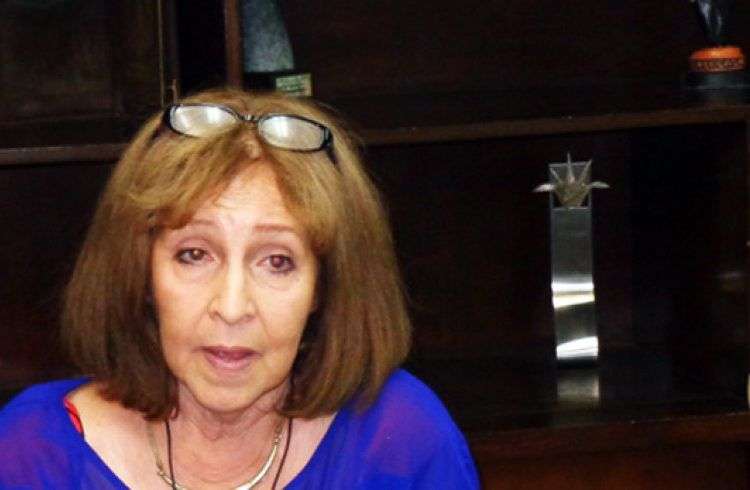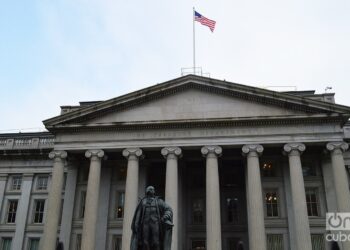One of the saddest events in the history of Cuban society, Operation Peter Pan, inspires again the filmmaker Marina Ochoa.
In one hundred minutes, the documentary ¨Never Ever Nerverland¨ brings out various facets of that operation. Its premiere will be on Tuesday 21 at 8.00 pm at the 23 and 12 Cinema, in Havana, as part of the National Culture Day, while its release in the main movies of the country will begin two days later.
The bitter exodus to the United States of more than 14,000 Cuban children who traveled alone between 1960 and 1962, has been addressed in the audiovisual on dissimilar occasions by filmmakers such as Estela Bravo (Operation Peter Pan: closing the circle in Cuba) and Marina herself, who in 1995 co-directed with Guillermo Centeno and Manuel Pérez the feature ¨The Other Side of the Glass¨, which delves into the consequences of this event.
Never Ever Nerverland is based on the testimonies of several interviewees involved in the facts that address their complex circumstances. The documentary exposes the island of Jamaica as another destination to which the children arrived, besides the United States.
Marina Ochoa is a journalist and sociologist who has been immersed many years in the world of cinema and the role of women in it talked about her latest work with OnCuba.
“My interest was to tell the real story, not just the consequences of the event as I did in my previous foray on the subject, but its origins, because there is much misinformation and ignorance about this unfortunate event. Many are confused and very few understand what really happened. My research lasted nine months and the edition was very difficult. I had many statements as I contacted everyone who had information to contribute”, the filmmaker said.
The production returns to Operation Peter Pan and analyzes the phenomenon from its context, its protagonists and the other countries that were involved. It reveals its secrets and involves Venezuela, where the tragic experience was tried to be repeated.
“As a topic is important and is not finished. It is one of the chapters of our history that most harmed the Cuban family. The first one that damaged it in a tremendous way”, Ochoa noted in 2012, when the film was still in the editing process. Other questions intended to clarify by the documentary, co-produced by Venezuela’s Villa del Cine, is why so many Cuban parents took that determination and what happened from the point of view of propaganda.
On the stay in the South American nation, where the filmmaker and her team had intense days of shooting, Ochoa expressed: “Interesting things have happened to us. In Venezuela, for example, we found one of the priests who left Cuba in the early years of the Revolution. He is now a Chavez follower now and has played an important role in the failure of an attempt very similar to Operation Peter Pan in that country”.
At this time the filmmaker is preparing a TV series that in some way gives continuity to the documentary. “It will have a maximum of six chapters and a more journalistic style. It will address issues unpublished until now, for example, the output path that existed through Spain”, she stated.
From an early age Marina Ochoa was linked to Operation Peter Pan, hence her strong interest and dedication of this documentary: “I have been closely related to this issue because I experienced it firsthand, in my family, in my house. Frank, my younger brother, was one of those children who immigrated to the United States and I never saw him again. I dedicate this film to him, and also to all those children who were also separated from their parents and family”.










